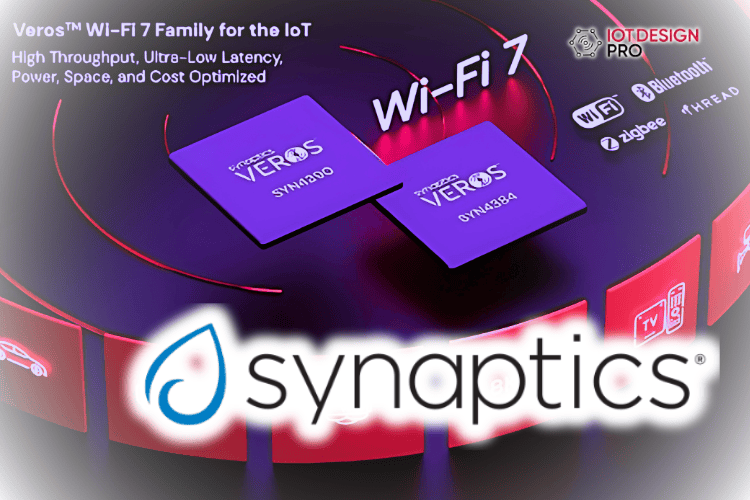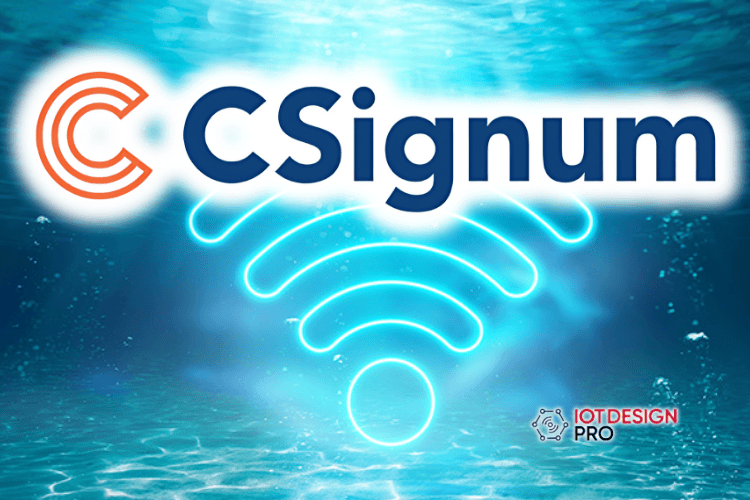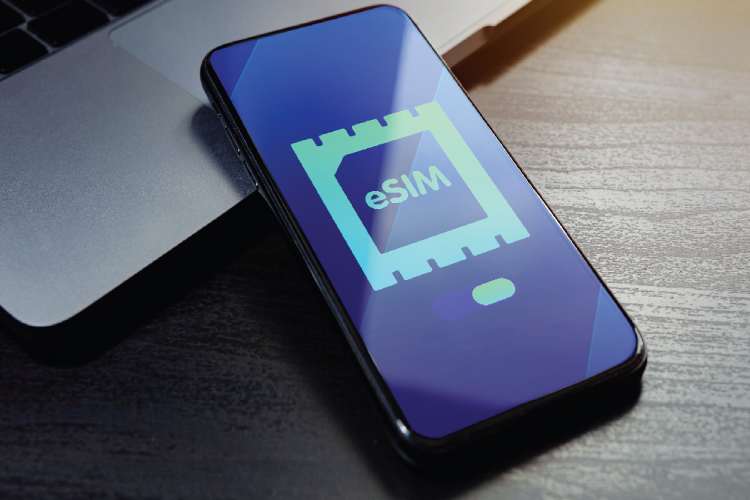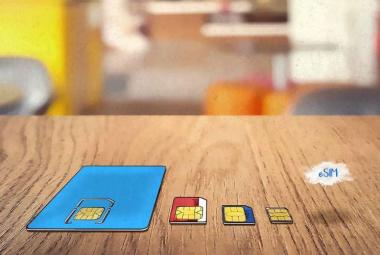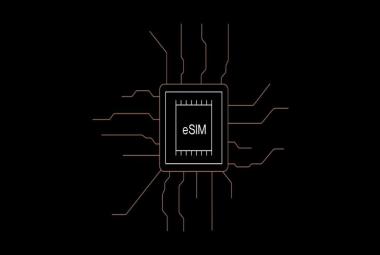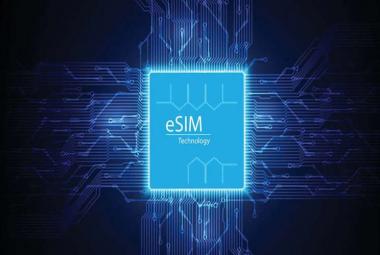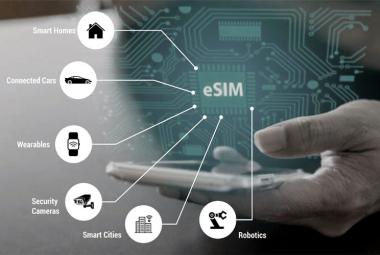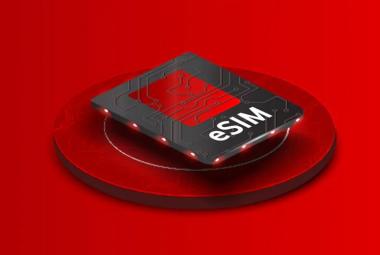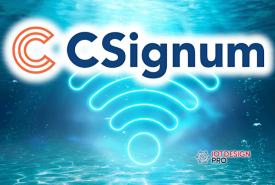GSMA has surveyed that around 2 billion eSIM devices could be shipped by the end of 2025, and hence it is urging the telecom industry to adopt this technology at a rapid scale.
Embedded SIM card or eSIM is now considered to be one of the most imperative technological innovations, which has a huge impact on both the product manufacturers and the telcos. This is because the embedded SIM card can be directly inserted into numerous devices, which basically do not have SIM card integration options such as laptops, smartwatches, vehicles etc. Earlier, there was a notion that eSIM can be used only in smartphones, but the concept has now changed.
And in the domain of Internet of Things (IoT), eSIM has the potential to open new doors of opportunities. Hence, telecom service providers can be benefited with increased revenue generation and customer satisfaction. According to an exclusive report of the Economic Times, GSMA has surveyed that around 2 billion eSIM devices could be shipped by the end of 2025, and hence it is urging the telecom industry to adopt this technology at a rapid scale.
The Cupertino tech giant Apple has unleashed this technology for the first time and the international market of this technology could be around $4.7 billion by the end of 2023 and escalate to 16.7 billion by the end of 2027, claims Juniper Research. Neil Shah, Vice President at Counterpoint Research said, "eSIM is a significant opportunity across the value chain and especially telcos. It has become an important tool or technology to catalyze telco digital transformation journey. Since the pandemic, the need for digitization has accelerated right from SIM acquisition to provisioning for new lines or additional lines for IoT devices."
The uniqueness of embedded SIM is that it does not have a physical SIM slot and cannot be removed and therefore, people cannot take out the SIM card from the slot to change the profile. But, with the aid of Remote SIM Provisioning (RSP) technology, the profile of the person can be downloaded directly on the device.
iPhone 14, the latest phone by Apple will only have e-SIM in the US and there will be no physical SIM card slot at all. The ET report has also exclusively added that more than 260 MNO/MVNOs support eSIM and more than 30 service providers now support eSIM. Most importantly, when e-SIM is integrated into any device, it makes the onboarding process seamless and helps users to switch different operators without even going to any store for a new SIM card. In one SIM, five different virtual SIM cards can be stored.
“The eSIM right from enablement to management at telcos is enabling a seamless acquisition to provisioning process in a customer’s journey. This has helped some operators to go fully digital and save millions of dollars for this entire process as well as shorten the customer acquisition time while boosting the subscription experience, helping them differentiate and retain customers," Shah further told ET.
Most of the operators in the country offer eSIM support. For instance, Vodafone-Idea unleashed services for its postpaid subscribers, but on fewer cell phones in a few regions. Then, Airtel and Jio also provide the same, but currently, only premium smartphones support eSIMs.

